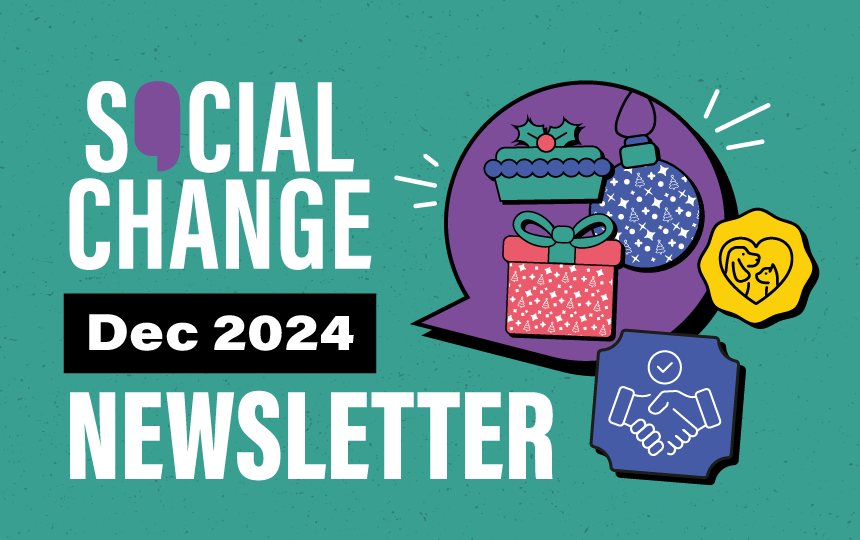
December 2024 Newsletter
Do pets deserve Christmas gifts? Unwrap the behavioural science of giving in our December newsletter.
More +Your regular dose of BS (Behavioural Science) from the Changemakers at Social Change.

Did you know, by the second week of February, 80% of New Year’s resolutions are already broken!
What’s the reason? It’s not about motivation - it’s about how we set them. Behavioural science shows the secret lies in how we form our habits.
Want to make your resolutions stick this year? Check out our blog for tips that work!
*Source - CASIO
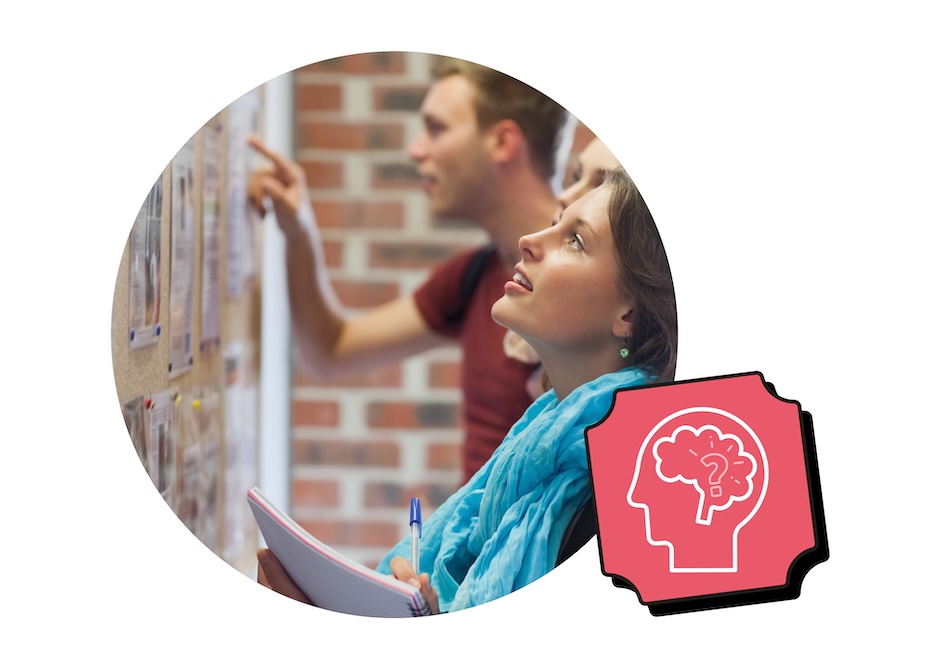
A one-minute introduction to a behavioural theory
Rhyme as Reason Effect
The Rhyme as Reason Effect shows that people are more likely to believe and remember statements that rhyme, even if the content is essentially the same. This happens because rhymes are more pleasing to the ear and easier for the brain to process, which makes them seem more credible and memorable.
This effect appears in everything from advertising slogans to persuasive speeches. A great example is the iconic line, "A moment on the lips, a lifetime on the hips." The rhyme makes the message stick in your mind and lends it a sense of truthfulness, even if you've never questioned its accuracy.
By using the Rhyme as Reason Effect, businesses can influence decision-making by making their messages appear more trustworthy and impactful. When information is easier to process, the brain often interprets it as more reliable, improving its overall effectiveness, even when the content itself may not differ from non-rhyming alternatives.
Want to create campaigns that drive change and stick in people’s minds? Contact us today to learn how we use behavioural science to create persuasive, memorable messages and leverage the power of rhyming language to create lasting impact.
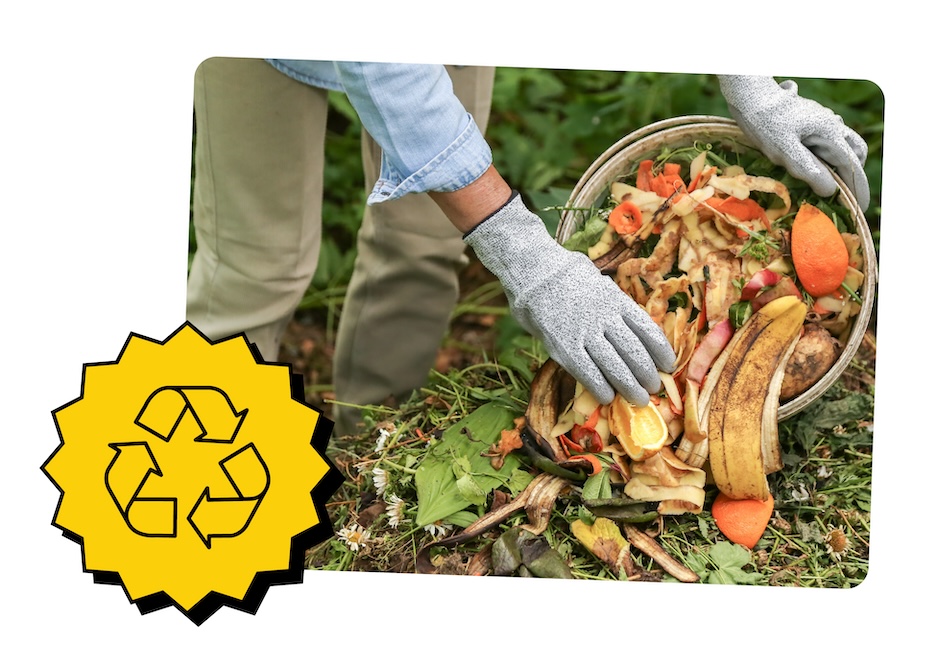
WHITEPAPER: Food waste - The behavioural science that could help reduce it
Every year, the world wastes 1.3 billion tonnes of food. We know this is a global issue that affects us economically, socially, and environmentally, so we were curious in understanding HOW we, as individuals, can help tackle food waste.
In this whitepaper, we dive into the scale and causes of food waste, from household habits to supply chain inefficiencies. Through behavioural science, we uncover cognitive biases and theories that can drive food waste reduction.
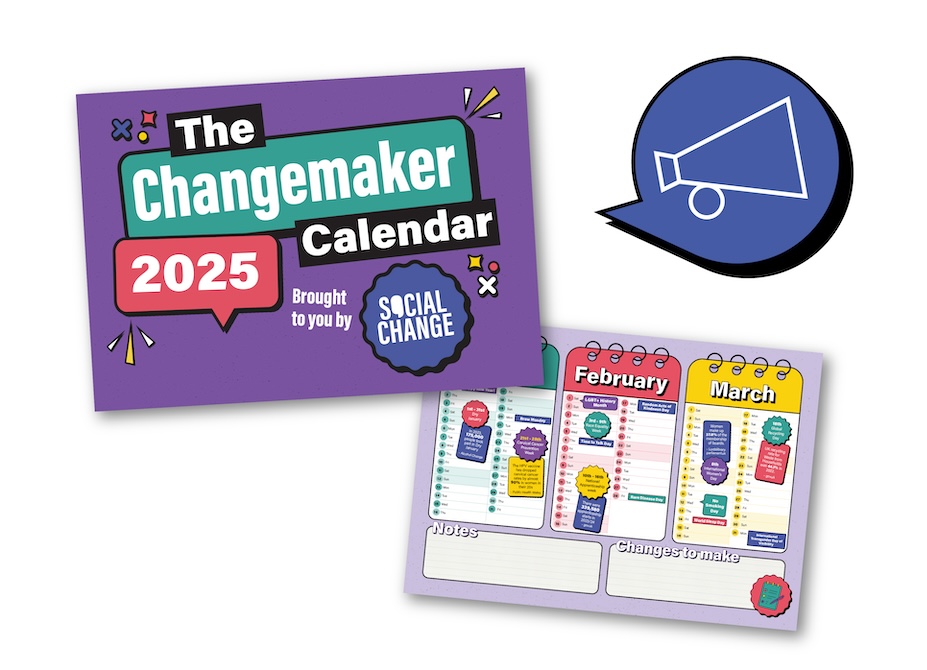
DOWNLOAD: Changemaker Calendar 2025
The Changemaker Calendar 2025 is here, and it’s more than just a wall planner. It’s a guide for action, filled with key dates, campaign highlights, and insights to inspire meaningful change in the community and beyond!
Will you join the movement? Download your free copy today and start planning your year of change.
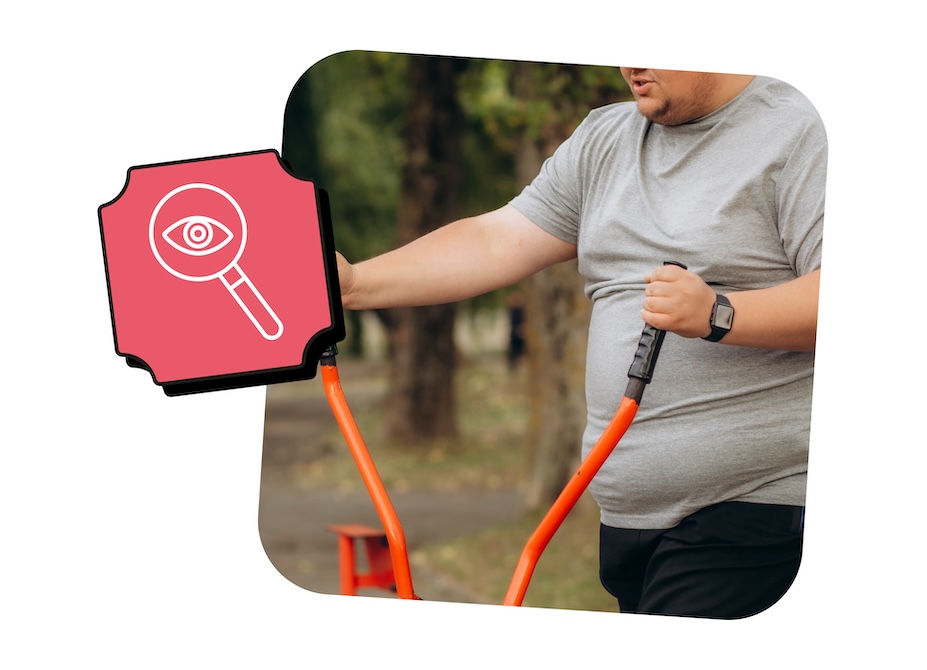
Are we on track to meet WHO obesity targets in 2025?
By 2025, 1 in 5 adults worldwide is expected to be affected by obesity, with no country on track to meet the World Health Organisation's (WHO) targets*. Low and middle-income nations are particularly vulnerable to the sharp rise in obesity rates, which contribute to severe health issues like diabetes, heart disease, and cancer.
Despite international commitments, countries are falling short in meeting their 2025 goals, with obesity rates predicted to rise to 18% in men and 21% in women. Major contributors include the US, China, Brazil, India, and Russia. Beyond health risks, obesity also impacts employment, education, and mental well-being, with stigma often compounding the issue.
While many view obesity as a personal challenge, it’s a complex, multifactorial disease driven by genetics, culture, economics, and the environment.
*Source: World Obesity
The Behavioural Science Behind Obesity
The behavioural science behind obesity is complex, as it involves a combination of biological, psychological, social, and environmental factors. Key aspects include:
Understanding the behavioural science behind obesity is key to creating effective prevention and intervention strategies. By combining behavioural insights with policy and community efforts, we can build a healthier future.
Contact us today to learn how we can help you design effective, behaviour-driven solutions to support healthier choices and combat obesity in your community.
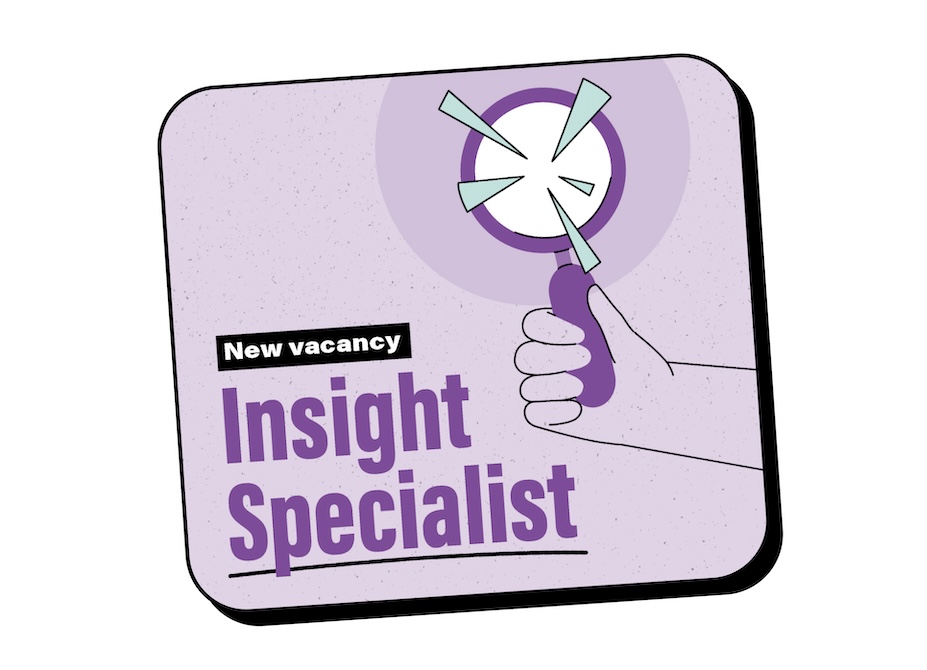
We're hiring!
Are you naturally curious about human behaviour?
Do you love diving into data, uncovering patterns, and finding insights that inspire positive social change?
We're looking for an Insight Specialist to join our team! As part of a certified B Corp behaviour change agency, you'll work on meaningful research projects, exploring behaviours, testing ideas, and turning insights into action.
With hybrid working and a competitive salary, this is your chance to make a difference while growing your career.
Apply by 7th February.

Do pets deserve Christmas gifts? Unwrap the behavioural science of giving in our December newsletter.
More +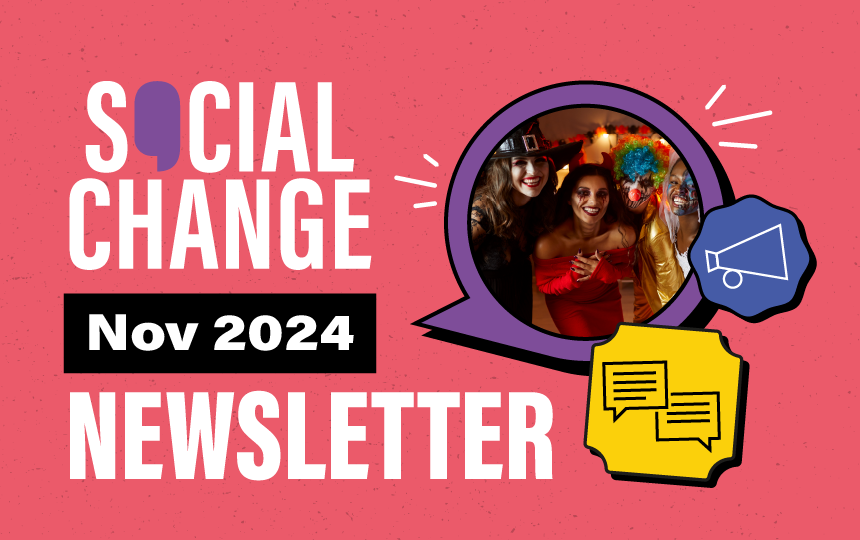
Ever done the opposite of what you’re told? Discover the behavioural science behind why we rebel in our November newsletter.
More +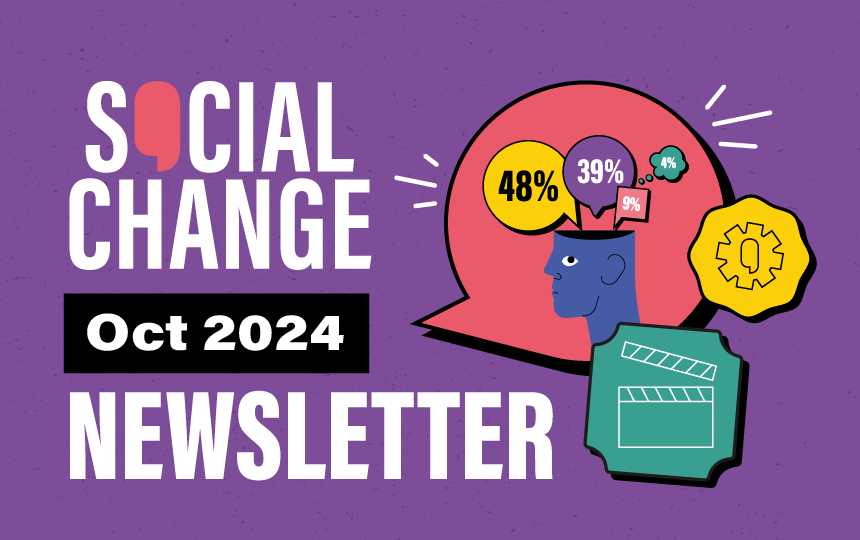
Your regular dose of BS (Behavioural Science) from the Changemakers at Social Change.
More +Enter your email address below to access the Academy and our Webinars